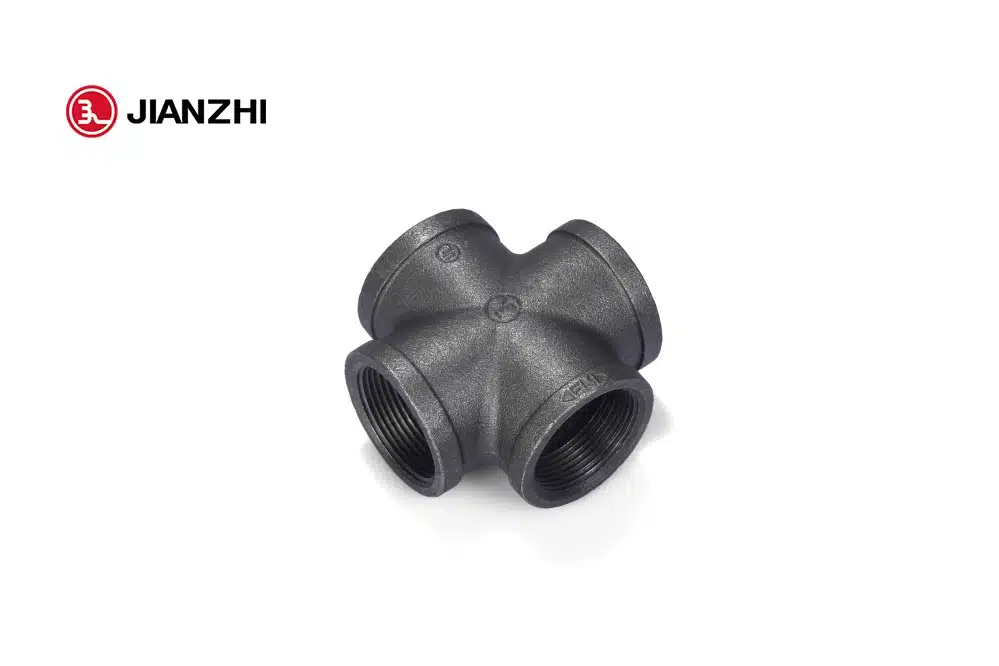Determining the appropriate material for your specific application requires consideration of several factors.
Here are some factors to consider when selecting the material for a 4-way pipe tee:
Environmental conditions: The environmental conditions in which the tee will be used can impact the performance of the material. Consider factors such as temperature, humidity, exposure to chemicals, and corrosive elements.
Pressure and temperature: The pressure and temperature of the fluid or gas being transported through the tee can impact the performance of the material. Choose a material that can withstand the specific pressure and temperature range required for your application.
Installation requirements: Different materials may have different installation requirements, such as specific tools or techniques. Consider the ease of installation and any special requirements when choosing a material.
Cost: The cost of the material can also be a factor. Consider the cost of the material and any associated installation or maintenance costs when making a decision.
Longevity: Some materials may be more durable and have a longer lifespan than others. Consider the expected lifespan of the material and how it will impact the overall cost of the project.
Some common materials for 4-way pipe tees include PVC, copper, galvanized steel, stainless steel, and brass. 4 way pipe tee Each material has its own strengths and weaknesses, and the most appropriate material for your application will depend on the specific factors outlined above.
Consult with a plumbing or construction professional to determine the most appropriate material for your specific application based on the factors outlined above.
What are the strengths and weaknesses of each of the common materials you listed?
Here are some general strengths and weaknesses of the common materials used for 4-way pipe tees:
PVC: PVC (polyvinyl chloride) is a plastic material that is lightweight, durable, and resistant to corrosion. It is also relatively inexpensive and easy to install. However, PVC can become brittle over time and may not be suitable for high-temperature applications. It may also be more prone to cracking or breaking under stress.
Copper: Copper is a durable and corrosion-resistant material that is often used for plumbing applications. It is also a good conductor of heat, making it suitable for applications that involve hot water. However, copper can be expensive and may require specialized tools or techniques for installation.
Galvanized steel: Galvanized steel is steel that has been coated with a layer of zinc to protect it from corrosion. It is a strong and durable material that is suitable for a wide range of applications. However, galvanized steel can be heavy and may be more difficult to install than other materials. It may also be prone to corrosion over time.
Stainless steel: Stainless steel is a corrosion-resistant material that is strong and durable. It is suitable for a wide range of applications and is often used in high-temperature or high-pressure applications. However, stainless steel can be expensive and may require specialized tools or techniques for installation.
Brass: Brass is a corrosion-resistant material that is strong and durable. It is also a good conductor of heat, making it suitable for applications that involve hot water. However, brass can be expensive and may require specialized tools or techniques for installation.
Ultimately, the most appropriate material for your 4-way pipe tee will depend on the specific needs of your application, including factors such as temperature, pressure, and corrosive elements. Consult with a plumbing or construction professional to determine the most appropriate material for your specific application.

